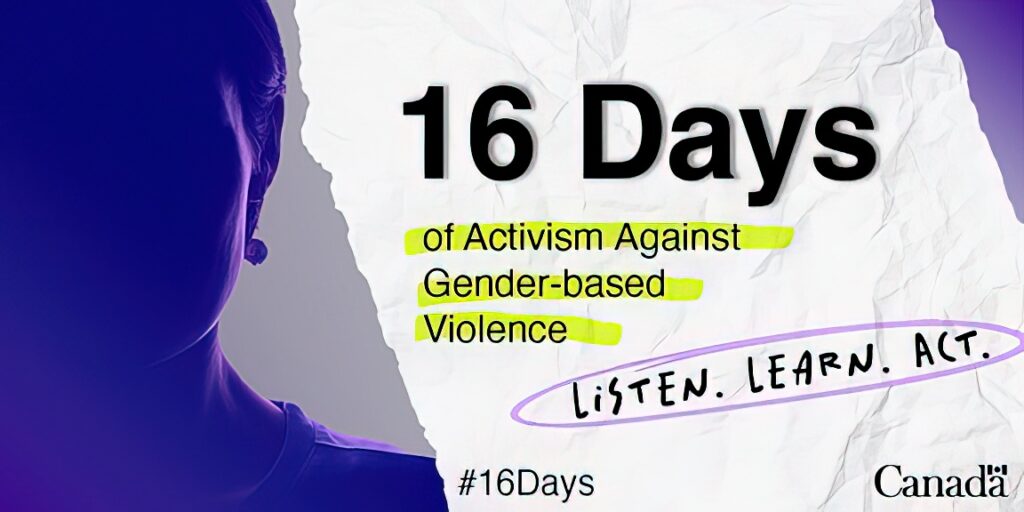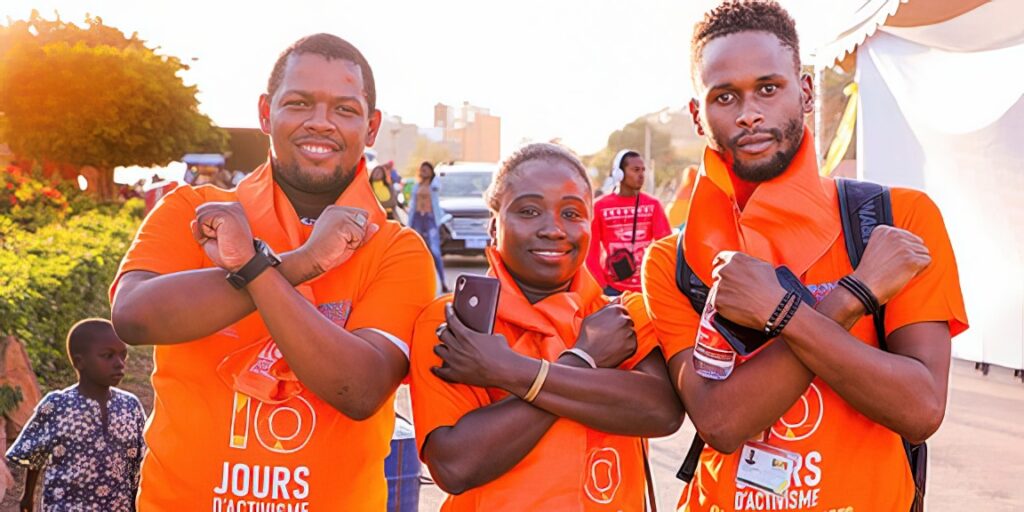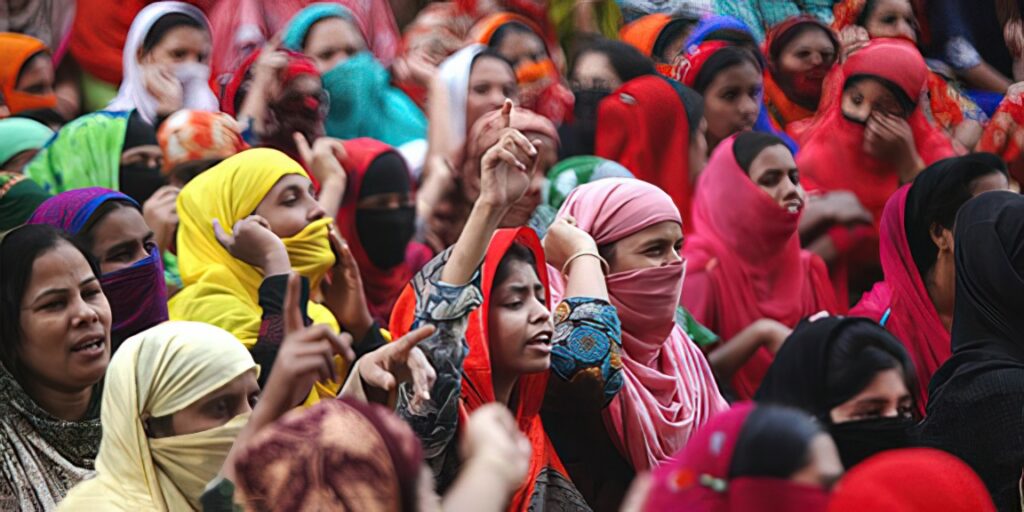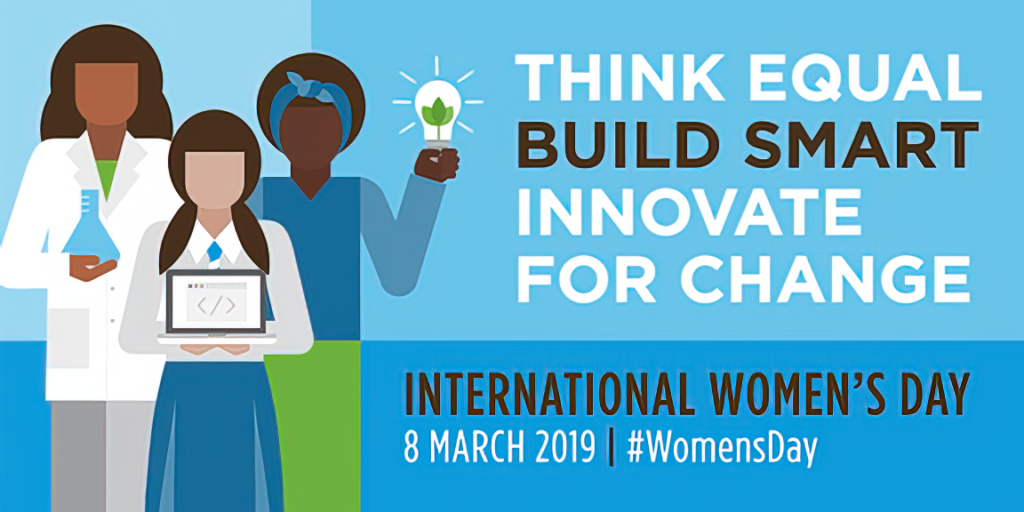written by Bev Weidman and Donna Tomljanovic, on behalf of CFUW Vernon
Gender-based violence may manifest itself in threats to injure a woman or her children. As we have seen amply demonstrated, fear is a tremendous weapon. GBV includes physical violence across the spectrum of slaps to beatings, to sexual assault including rape and sometimes to murder. It includes male dominance of a woman, isolating her from family and friends and holding her completely submissive to the will of her intimate partner. It also includes the woman’s intimate partner withholding money, controlling all household spending, and using money as means of punishment or reward. Yelling, hitting walls, throwing furniture are also tools of violence against women.
It is not for a lack of trying to end GBV that it has continued over the centuries to the present time. Our knowledge, awareness and understanding of this type of behaviour has been improving over the course of time and continues to do so. In British Columbia, Ending Violence Association of BC “trains and supports close to 300 anti-violence programs and cross-sector initiatives across the province that respond to sexual and domestic violence, child abuse, and criminal harassment.” [https://endingviolence.org/who-we-are/] These programs, organizations, and initiatives are working tirelessly to reduce and eradicate the violence that pervades our society. There are programs and organizations that work with victims of gender-based violence, that educate school children and employees in workplaces about what GBV is and how to avoid it, that advocate to provincial and federal governments to enact legislation that protects women from violence, and that provide refuges for victims of violence when their homes are not safe for them to be in them. Yet given our current state of awareness, there appears to be little reduction in the violence.
The founder of Mentors in Violence Prevention (MVP) in the US, Jackson Katz, has stated that violence against women is not a women’s issue, but a men’s issue. He says that when we assign the responsibility for solving this issue to women, men use it as an excuse not to pay attention and they tune out when it is discussed. However, it is men who perpetrate almost 100% of GBV around the world and who perpetuate the problem within male culture.
Katz is hopeful, though, that the culture of male violence can be changed by encouraging and training men who are in leadership positions, who hold power, or who are respected by other men, to speak out about gender-based abuse and violence and to stand with women who are working to end the violence.
In the past year, there have been numerous examples of the silence that accompanies GBV in the areas of sports, entertainment, religious institutions, education, and business. Even after an organization has received reports of abuse and violence within its area of responsibility, the settlements have been hidden from the public and the members of the organization. Those who are in positions of power need to stand up against the silence, support the victims, and work to change the culture that allows GBV to continue.
Lately, there have been some advances in men speaking out and working with women and others to reduce and end GBV. In Canada, the White Ribbon and Moose Hide Campaigns are two organizations that offer programs, presentations, and education for men to take on leadership roles in changing the male culture around violence against women and children. They encourage men, as well as women, to join their groups in order to work toward ending the violence against women. Information about the organizations and contacts are available at https://www.whiteribbon.ca/ and https://moosehidecampaign.ca/.
We, as a society, can and must change the culture around violence so that women are safe from gender-based abuse. Jackson Katz has a list of 10 Things Men Can do to Prevent Gender Violence (https://jacksonkatz.com/wp-content/uploads/2016/10/10-Things-Flyer.pdf ).
White Ribbon has ten tips on How to Promote Healthy Masculinity (https://www.ameliarising.ca/wp-content/uploads/2020/04/How-To-Promote-Healthy-Masculinity-White-Ribbon-Campaign.pdf ). And there are other resources to help us change.
Let us all work together to eliminate the prevalence of gender-based violence in our communities by speaking out against violence against women, by taking a stand against it when we are confronted by it, and by modelling positive behaviour.






